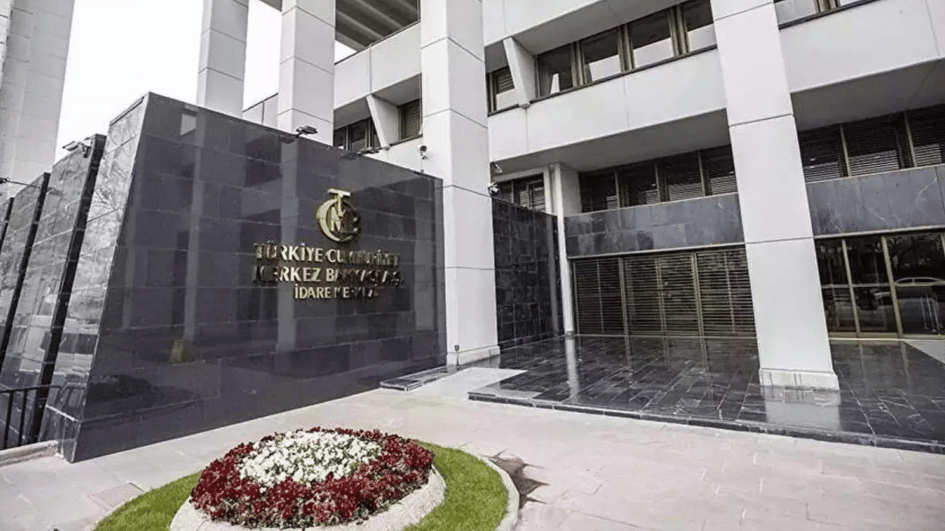Small birds cross Black Sea overnight
ISTANBUL

Small birds that cannot be attached transmitters are being ringed in Istanbul to examine their migration routes.
The bird ringing, carried out by Istanbul University-Cerrahpaşa Vocational School of Forestry and Samsun Ondokuz Mayıs University Bafra Vocational School, revealed that a bird weighing eight to 10 grams traveled about 500 kilometers per night.
Providing information about the study, in which 3,000 birds are planned to be ringed until June, Istanbul University’s Ergün Leg said, “They can cross the Black Sea or the Mediterranean overnight.”
As part of the study, birds caught with harmless nets are examined by academics. The birds’ physical characteristics such as leg length, feather size, wing width, tail size, fat on the body, as well as any disease, are checked in the study.
Then the bird is released back into nature. When it is caught by another net at another station, the information written on the rings provides data such as the migration route of that bird species. Stations around the world exchange data with each other this way.
“Such small birds are active migratory ones. A bird weighs 8 or 10 grams. They can cross the Black Sea or the Mediterranean overnight. In other words, they can travel 400-500 kilometers. This is why they can store fat twice their body weight. The main purpose of bird ringing is to be able to identify their migration routes, these are small birds that cannot be attached transmitters. That’s why we are also ringing them. International ringing stations are available. This work is very common in Europe,” Bacak said.
Ergun said that an exclusive license is necessary for the bird ringing process, adding, “A bird that is ringed in Israel can be seen in Turkey after a few days. We will probably ring 3,000 birds by the beginning of June. These nets do not harm the birds in any way. We check the nets every hour, and when the weather is very hot and rainy, we check them every half an hour.”
















